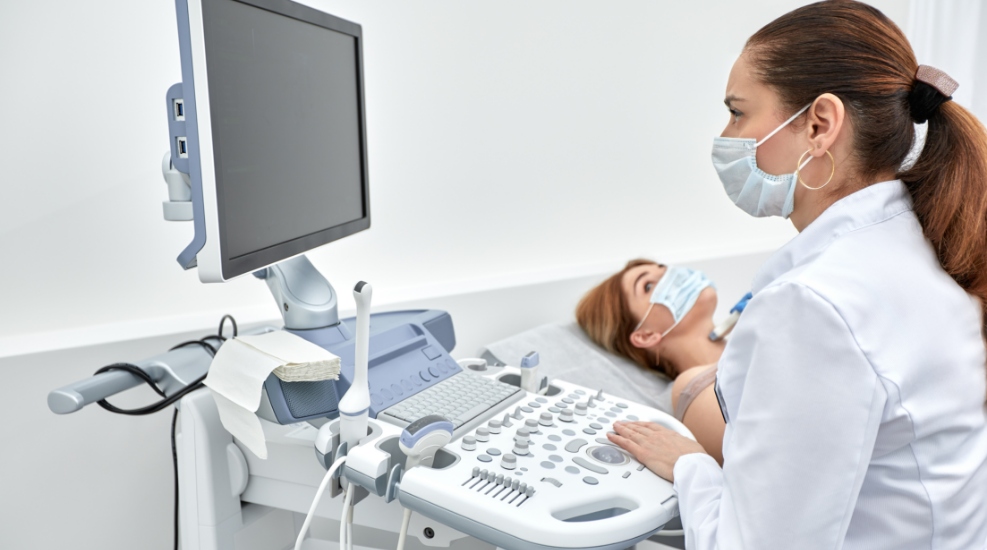My patients always ask me about the most effective methods for cancer screening.
General guidelines suggest starting mammograms, colonoscopies, and other examinations for cancer around age 45. However, using non-invasive screening tools can help detect abnormalities and provide potential life-saving insight. Recommended screenings in the conventional health system typically expose patients to radiation, so limiting exposure and damage to healthy tissue is especially important in young people.
There are multiple safe screening options available
Thermography Scans: Thermography scans use an infrared camera and thermal imaging to detect heat patterns and blood flow in body tissues. Increased blood flow and vascularity to certain tissues can indicate abnormalities and angiogenesis, the formation of new blood vessels to feed cancer cells. These screenings are non-invasive, affordable, and do not expose patients to radiation. Thermography scans are usually performed at an integrative medical center or thermogram center and are located across the US.
QT Imaging (Quantitative Transmission Ultrasound): Also called a QT scan, this FDA approved imaging tool is used to assess breast health. The scan uses transmission and reflection ultrasound to generate 3D images of breast tissue, and can effectively measure dense breast tissue, which is found in younger women. This is especially beneficial because mammograms are unable to detect abnormalities in dense tissue. This screening is also non-invasive and free of radiation.
Full-Body Ultrasounds: Full-body ultrasounds are another diagnostic tool that can detect new growths, blockages, and measure blood flow to tissues. Ultrasound imaging does not use any ionizing radiation and is an affordable screening option. These screenings are also commonly conducted at integrative medical centers or ultrasound clinics.
Liquid Biopsies: A liquid biopsy is a blood test that detects signs of developing cancer cells or circulating tumor DNA. Like healthy cells, cancer cells die and are released in the bloodstream. The liquid testing only requires a small sample to determine the presence of cancer, is minimally invasive, and gives patients results in a relatively quick time frame. The RGCC test is an effective blood test for cancer.
Connecting with the body and tuning into its cues allows us to identify any changes that could indicate a greater health issue. If you are experiencing anything abnormal, it is important to be your own advocate, especially as incidences of cancer continue to increase.
Visit www.cancercenterhealing.com to learn more about screening options!
Call to (949) 680-1880 set up a thermogram or ultrasound scan at the Center for New Medicine.
To learn more about QT imaging visit: https://www.qtimaging.com/.
To learn more about RGCC and liquid biopsies visit https://rgcc-international.com/.

